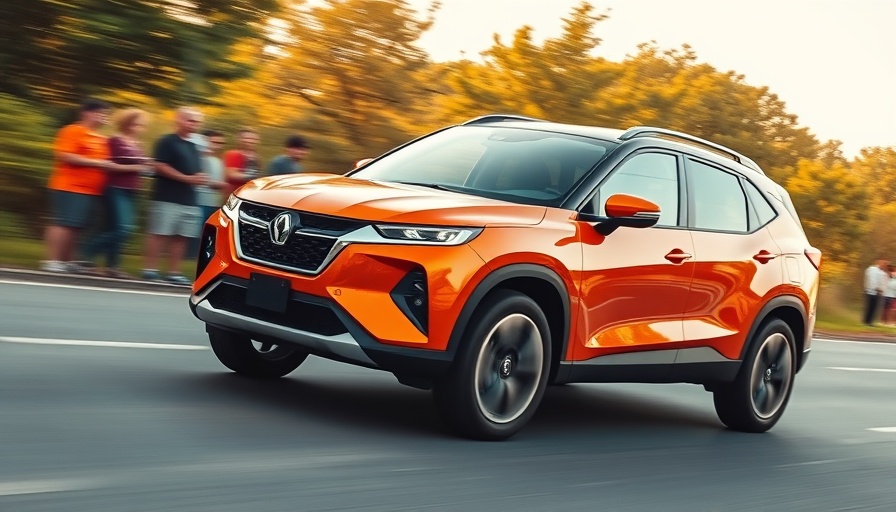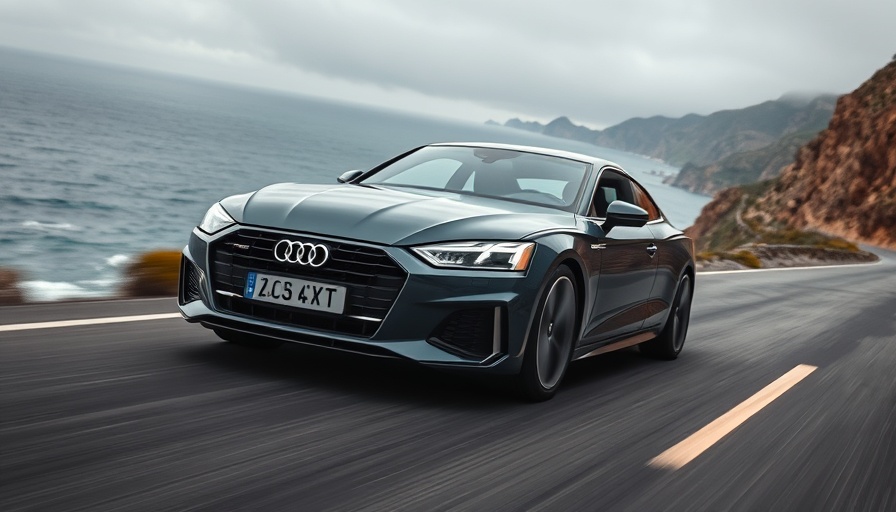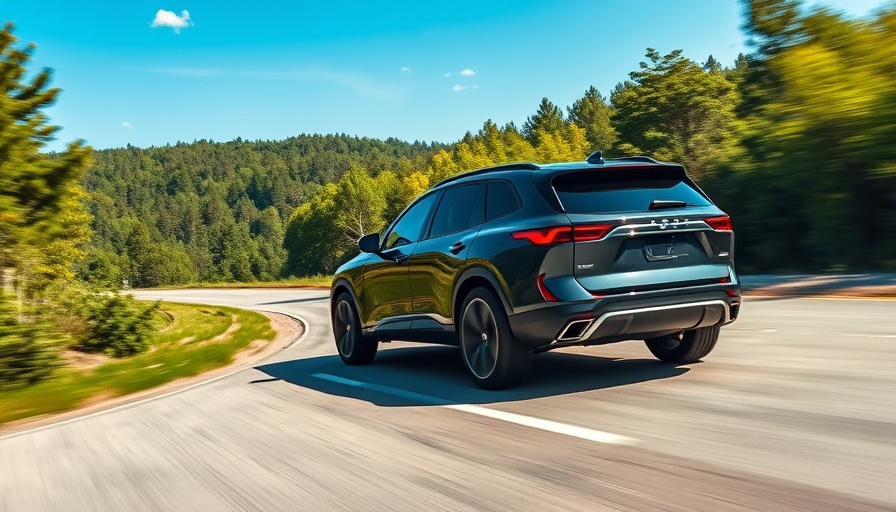
An EV Shift: Nissan’s New Strategy in the U.S. Market
Nissan has made the notable decision to abandon its plans for U.S.-made electric sedans, redirecting its focus toward SUVs, which continues to dominate the automotive landscape. This pivot highlights the shifting dynamics in consumer preferences and market realities that automakers face today.
Why the Change?
Nissan's cancellation of electric sedans was driven by several factors, chief among them being the declining number of consumers interested in traditional car sedans. Christian Meunier, the chairperson of Nissan North America, articulated this sentiment, stating, “The sedan market is shrinking... we need to face reality.” As the U.S. market increasingly trends toward larger vehicles, such as SUVs, Nissan decided it would be more impactful and profitable to align with these preferences.
According to Ponz Pandikuthira, Nissan’s product planning chief, the high cost of developing and producing electric sedans added another hurdle. He remarked that with pricing exceeding $45,000, electric sedans risk alienating their core consumer base, which typically seeks more affordable options. Thus, this analysis led to the wise decision to pivot focus.
The SUV Renaissance
In lieu of sedans, Nissan plans to focus on three new fully electric SUVs, including a model inspired by the Xterra, slated to begin production in January 2028. This strategic shift reinforces the automaker's commitment to respond directly to consumer demand, emphasizing their focus on crossovers over traditional vehicles. Customers have consistently signaled a strong preference for SUVs, prompting Nissan to invest in what they perceive to be the safest path forward.
Market Trends and Future Predictions
The trend away from sedan models is not unique to Nissan. Auto industry experts report that the SUV segment shows signs of sustained growth, whereas sedan sales have decreased significantly in the past few years. Automakers like Ford, GM, and Toyota have also refocused their strategies to leverage consumer interest in larger, more versatile vehicles.
This shift aligns with broader trends observed globally, where markets in Europe and Asia reflect similar patterns. The increasing urbanization and preference for versatile, family-friendly vehicles lead to growing sales in this category. Nissan's future models aim to capitalize on these trends, with an ambitious strategy set to establish a strong foothold in the burgeoning EV SUV market.
What It Means for Consumers and the Environment
As Nissan gears up for this new direction, consumers might benefit from more choices in electric SUVs that come with the latest technology and sustainability practices. Offering three different SUV models could cater to a variety of consumer needs while placing emphasis on electric vehicle technology that aligns with global environmental goals.
Moreover, focusing on manufacturing more affordable electric SUVs can enhance the accessibility of EVs for many families. This is especially important as governments implement stricter emissions regulations, pushing consumers toward electric options.
Conclusion
Nissan's strategic overhaul away from electric sedans towards SUVs is indicative of a larger trend within the automotive industry. This shift signifies a hopeful time for various SUV offerings that could meet customer desire while holding ecological considerations in mind. For anyone interested in the evolving landscape of electric vehicles, keeping an eye on Nissan's upcoming models may provide exciting insights into the future of transport.
 Add Row
Add Row  Add
Add 




 Add Row
Add Row  Add
Add 

Write A Comment